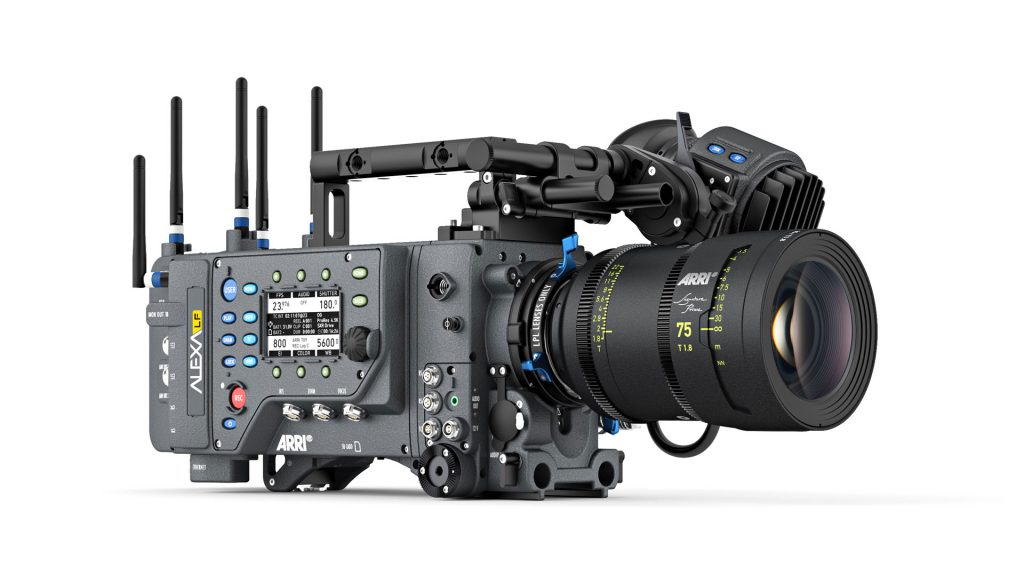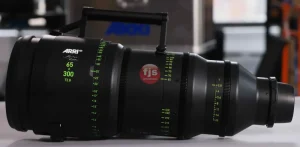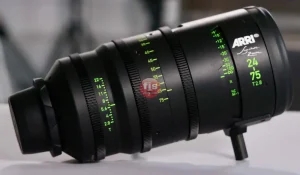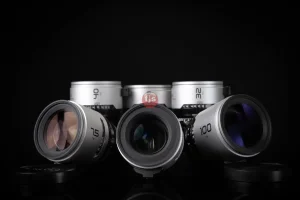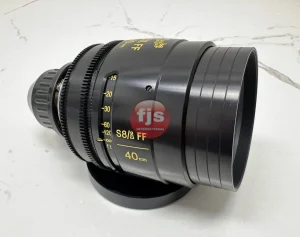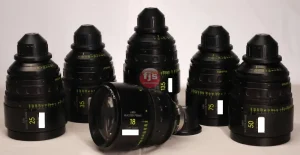Introduction:
When it comes to choosing the right lens for your photography needs, the decision between a zoom lens and a prime lens can be a tough one. Both options have their own unique advantages and disadvantages, making it important to understand the differences between them. In this article, we will explore the zoom vs prime lens comparison, helping you make an informed decision on which lens to invest in for your photography endeavors.
- What is the main difference between zoom and prime lenses?
The key difference between a zoom lens and a prime lens lies in their focal length capabilities. A zoom lens offers a variable focal length, allowing you to adjust the focal length within a certain range. On the other hand, a prime lens has a fixed focal length, meaning it does not have the ability to zoom in or out. - What are the benefits of using a zoom lens?
One of the main advantages of a zoom lens is its versatility. With a zoom lens, you have the ability to quickly adjust the focal length to capture a wide range of subjects without the need to physically move closer or farther away. This can be particularly useful in situations where you have limited space or need to capture subjects that are at a distance. Additionally, a zoom lens can be a great option for travel photography, as it allows you to capture both wide-angle and telephoto shots without having to carry multiple lenses. - What are the advantages of using a prime lens?
While a prime lens lacks the ability to zoom, it compensates with other advantages. One major advantage is the wide maximum aperture typically found in prime lenses. This allows for better low-light performance and the ability to achieve a shallower depth of field, resulting in beautiful bokeh and subject isolation. Prime lenses also tend to be smaller, lighter, and less expensive than zoom lenses, making them a popular choice among photographers who value portability and affordability. - Which lens is better for image quality?
When it comes to image quality, prime lenses are often considered superior. Since they have a fixed focal length, prime lenses are optimized for that specific focal length, resulting in sharper images with less distortion. Zoom lenses, on the other hand, may suffer from some compromises in image quality due to their variable focal length design. However, it’s important to note that lens quality varies among different models, so it’s crucial to research and compare specific lenses before making a purchase. - Which lens is more suitable for specific photography genres?
The choice between a zoom lens and a prime lens largely depends on the type of photography you specialize in or enjoy. Zoom lenses are commonly used in genres such as wildlife, sports, and event photography, where versatility and the ability to quickly adjust focal length are important. Prime lenses, on the other hand, are favored by portrait photographers, street photographers, and those who value image quality and low-light performance.
Conclusion:
In conclusion, deciding whether to buy a zoom lens or a prime lens depends on your specific photography needs and preferences. If versatility and convenience are your priorities, a zoom lens may be the better choice. However, if image quality, low-light performance, and affordability are your main considerations, a prime lens may be the ideal option. Ultimately, it’s essential to evaluate your shooting style, subject matter, and budget to make an informed decision.

